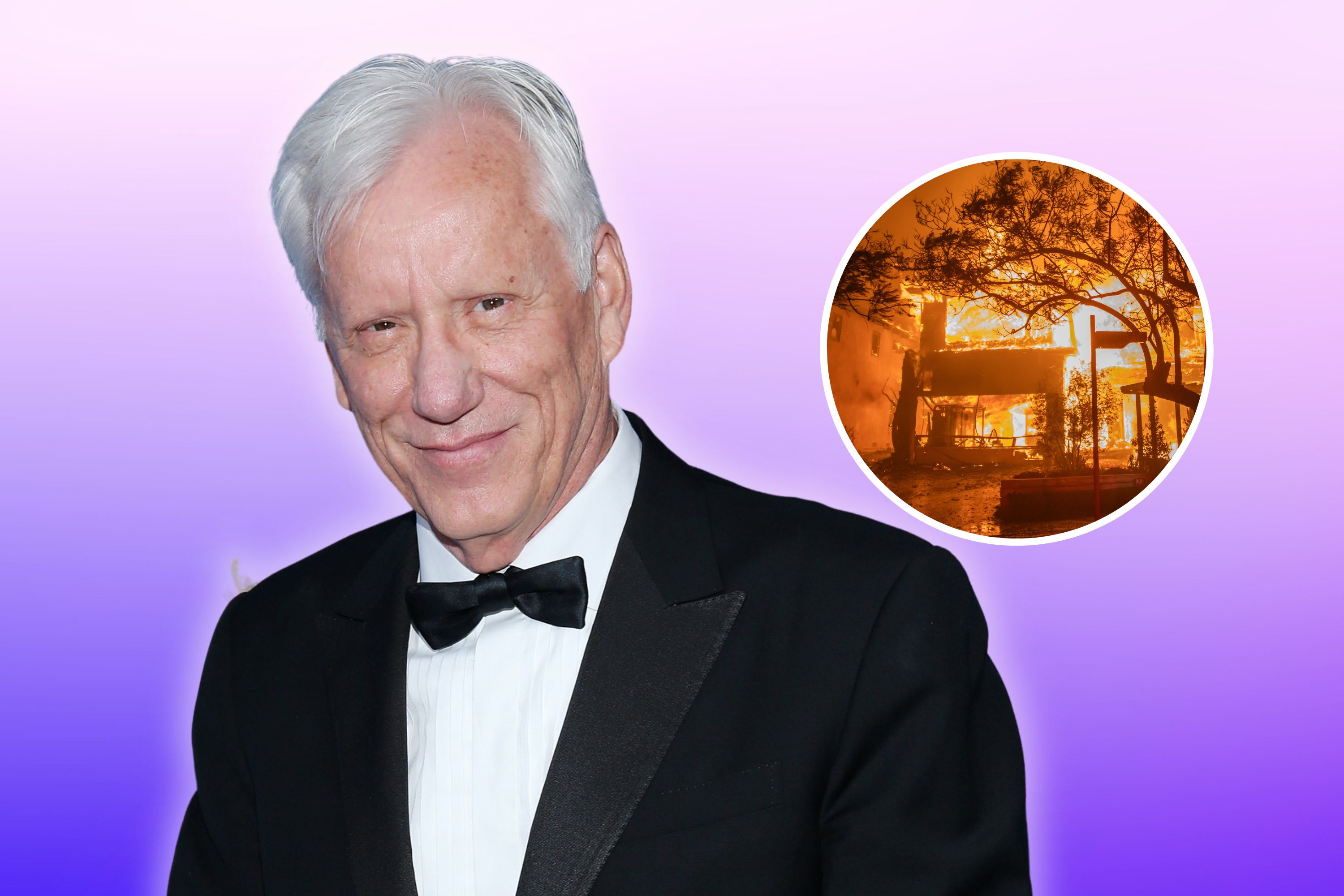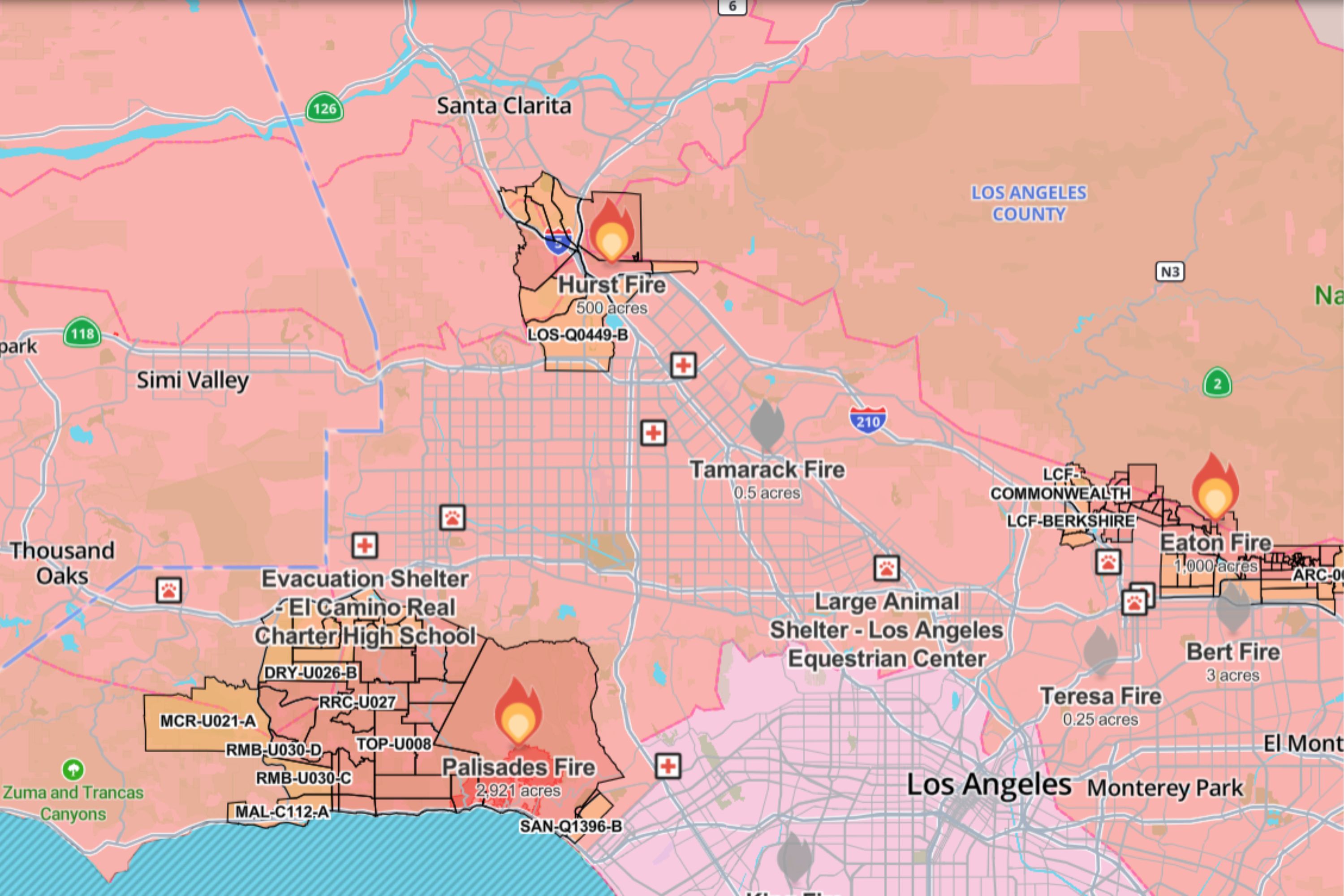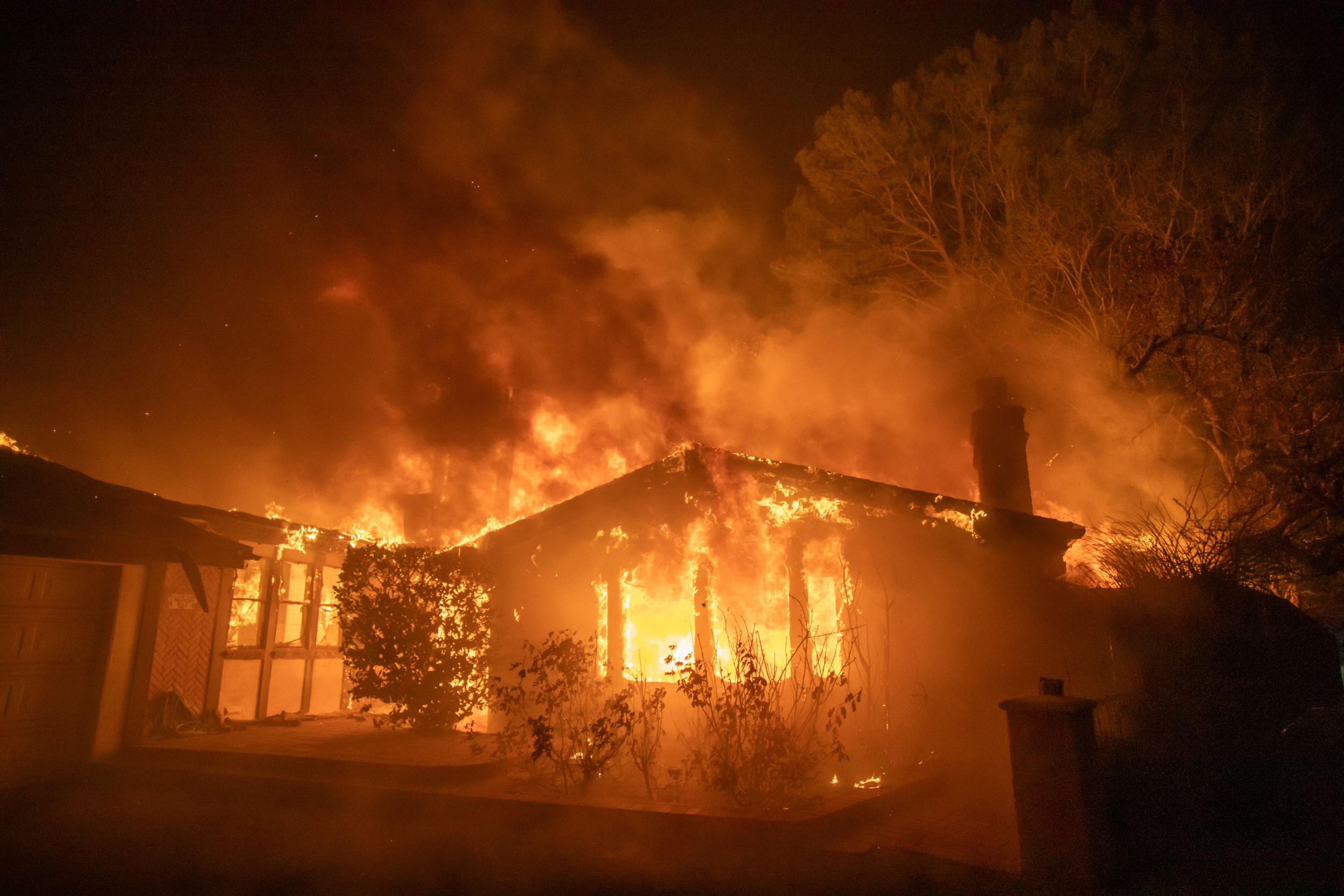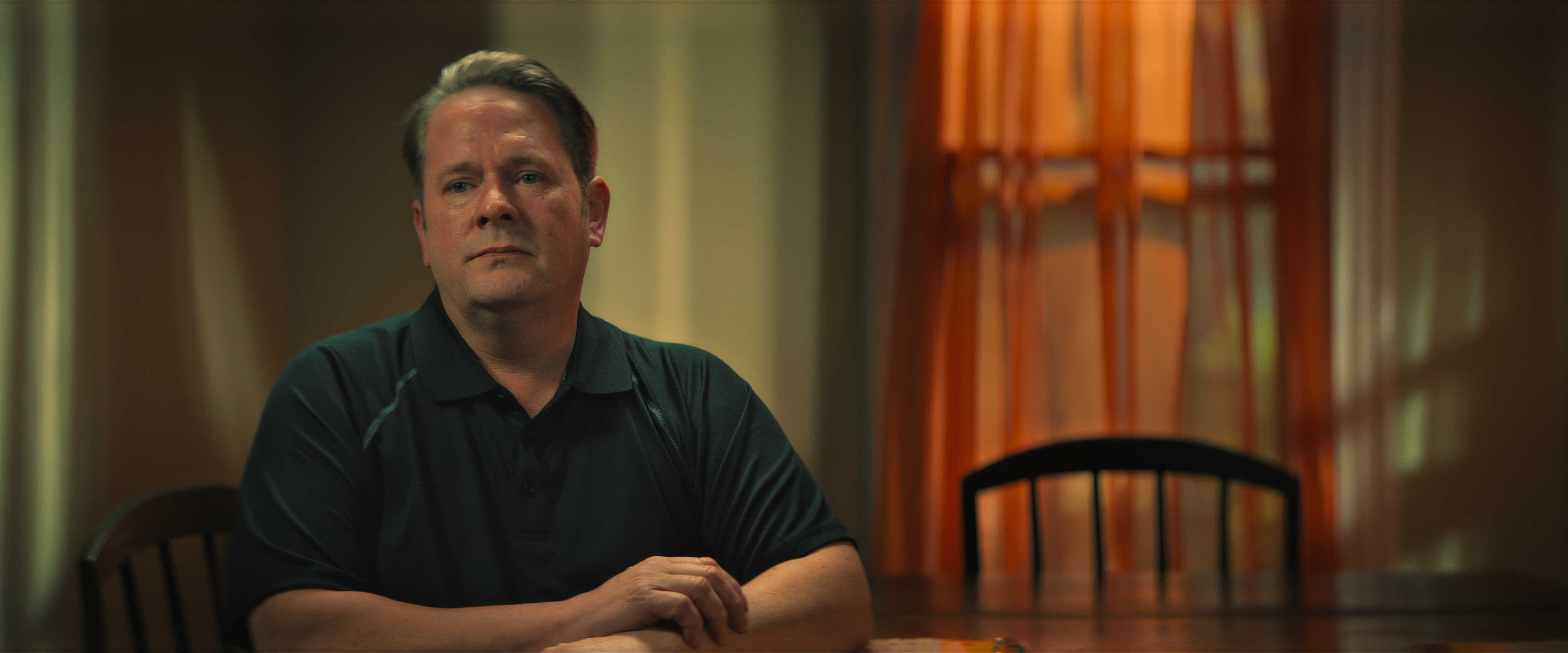Justin Trudeau's resignation could profoundly affect the Canada-U.S. relationship, already in flux thanks to the proposed trade policies of the incoming administration, but will his departure diminish the threat of Donald Trump' tariffs?
The president-elect has pledged to impose a 25 percent tariff on all imports from Mexico and Canada on his first day in office, potentially jeopardizing Canada's access to its largest export market.
Newsweek asked experts whether the departure of Trudeau might help Canada avoid this threat and whether a new leader could foster a more harmonious relationship between the two North American nations. However, the consensus appears to be that, despite the at times rocky interactions between the incumbent prime minister and president-elect, Trump's tariff plans are here to stay.
Newsweek has contacted the Trump transition team for comment on whether Trudeau's resignation will impact the president-elect's tariff proposals.
Why It Matters
The U.S. is Canada's largest trading partner, the bilateral relationship crossing industries from energy to vehicles to agricultural products. Between January and October of 2024, the U.S. imported $344 billion worth of goods while exporting $293 billion, for a total trade deficit of just over $50 billion, according to the U.S. Census Bureau.
Researchers at Oxford Economics believe that, should Trump follow through on his tariff plans, this would result in a 2.5 drop in Canada's GDP by early 2026, lead to a surge in inflation and unemployment rates, and "push Canada into a recession in 2025."
What To Know
While Trudeau cited his inability to carry the Liberal Party through the next election as the reason for his departure, this was in many ways linked to the incoming presidency of Donald Trump, and the prospect of a soft trade war between the two nations.

Speculation about his imminent departure grew after the abrupt resignation of Finance Minister Chrystia Freeland, who in a scathing letter cited disagreements with Trudeau over how best to match the "aggressive economic nationalism" of the next U.S. administration and the impending "tariff war."
Trump himself has somewhat taken credit for Trudeau's resignation. "The United States can no longer suffer the massive Trade Deficits and Subsidies that Canada needs to stay afloat," he posted to Truth Social shortly after the announcement. "Justin Trudeau knew this, and resigned."
Donald Abelson, professor of political science at Western University, Canada
"Trudeau's resignation will trigger a call for a Liberal Party Leadership Convention," Abelson told Newsweek. "Until a new leader is chosen, I suspect Trudeau will continue to work with soon-to-be President Trump to see if the efforts Canada has committed itself to making to strengthen the 9000-km long Canada-US border will be enough to convince Trump not to impose a 25 percent tariff on Canadian goods entering the U.S., or to reduce them significantly."
Abelson said that Trudeau's departure alone will not be enough to convince Trump to change course on Canada's tariffs, and that the president-elect is likely to hold off on a decision until a new leader is selected.

The list of names includes former Finance Minister Chrystia Freeland, who helped orchestrate the 2020 United States-Mexico-Canada Agreement (USMCA) with the Trump administration. Other potential options include Mark Carney, former Governor of the Bank of Canada and Bank of England, as well as Canada's former Minister of Foreign Affairs Mark Garnaeu.
"I think each of them could work with Trump," Abelson said.
However, he said that a Conservative premiership, as appears likely following the next federal election, may be able to foster a closer trade relationship with the Trump presidency.
Abelson cited the success of Prime Minister Brian Mulroney, of Canada's Progressive Conservative Party, in negotiating the 1988 Canada-U.S. Free Trade Agreement with Ronald Reagan in 1988, as well as the North American Free Trade Agreement with President George H.W. Bush and Mexican President Carlos Salinas in 1993.
"If Conservative Leader Pierre Poilievre wins the next Canadian Federal Election (and with a majority government) it might help create a stronger bond between our PM and the U.S. President," Abelson said.
However, he added that Trump's "pragmatist" appearance means Poilievre will have to rely on more than his "free trade leanings" to win over the president.
Adam Chapnick, professor at the Royal Military College of Canada
Chapnick believes Trudeau's departure will have an impact on the Canada-U.S. relationship, but that the nature of this change will hinge on "a number of factors."
"Although the relationship between President-elect Trump and PM Trudeau is said not to be great, there is some value in having an experienced Canadian team with responsibility for Canada-US relations when the U.S. president-elect is known to be unpredictable," he told Newsweek.
As a result, Chapnick believes the choice for Trudeau's successor will be critical, as will the duration before a new Liberal leader is chosen.

"If Mr. Trudeau remains PM while he is being replaced as Liberal leader then Canada will have, for all intents and purposes, a lame duck PM for a period with little ability to make significant decisions on anything, including Canada-US relations. That would not be ideal for Canada or its interests," he said. "If, however, we transition relatively quickly to a new government with a PM who has a higher degree of popular support across the country, then Canada will be able to approach negotiations with President Trump from a position of relatively greater strength."
However, Chapnick believes Trudeau's resignation, even with a competent replacement, will not be enough to change Trump's mind on tariffs.
"The tariffs were not threatened because of Trudeau, so Trudeau's resignation should not affect whether they come to pass," he said. "Certainly, if President-elect Trump makes changes to his tariff plans after Trudeau leaves, partisans will attempt to link the change to new Canadian leadership, but such efforts should be seen for what they are: partisan spin."
Brian Bow, professor and chair of political science at Dalhousie University, Canada
"Historically, the personal relationship between presidents and prime ministers has sometimes made a difference at the margins, but it usually matters less than compatibility of interests and domestic political pressures," Bow said, when asked how Trudeau's resignation could impact the Canada-U.S. bond.
"Trump's dislike of Trudeau meant that the personal relationship was never going to help smooth things over while Trudeau was in office, but that's not the reason Trump has been threatening to impose tariffs."
Bow said that the "general ideological compatibility" between Trump and Poilievre may lead to a more friendly relationship, but that this "will last only until Trump sees an opportunity to use Canada as a punching bag."
He believes Trump's tariff plans will not be impacted by Trudeau's departure, but that the next Canadian government may be able to offer certain economic concessions or work out a closed-door deal to mitigate their worst effects. However, Bow said that this must be done in a way that neither the incumbent government nor Trump himself loses face.
On the question of whether a different government would fare better on trade negotiations—with the review of the USMCA fast approaching—Bow said that Trudeau's team was "relatively well prepared for this." While a Conservative government may be more able to get along with their Trump administration counterparts, he said that the party has "been in the political wilderness for almost 10 years now."
"They'll have a lot of work to do to prepare a team, get up to speed on the issues, and build an effective transnational coalition to pressure the White House," Bow said. "At the end of the day, it's hard to guess how any given dispute will be resolved, because Trump doesn't know or care much about the relationship and doesn't have a coherent agenda."
What Happens Next?
In his resignation speech, Trudeau announced that Parliament would be suspended until March 24, and vowed to stay on as Prime Minister until his party is able to appoint a new leader.
The move will push off the prospect of a no-confidence vote in the House of Commons until this time. If Liberal Party opponents are finally successful in passing the motion, this would trigger an election, as the Conservatives have repeatedly tried to do. Going by current polling, the official opposition would likely storm home with a victory.
Do you have a story we should be covering? Do you have any questions about this article? Contact LiveNews@newsweek.com.




















 English (US) ·
English (US) ·